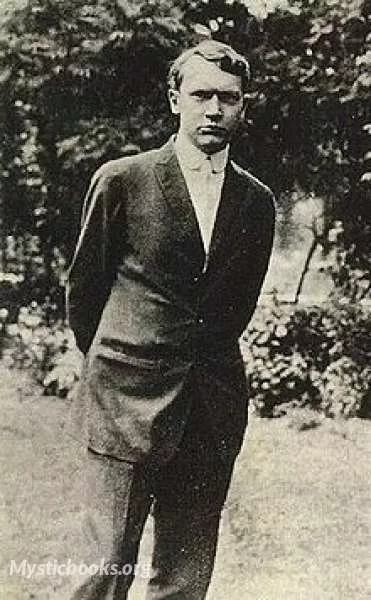
Timeline
Title
Country/Nationality
Vachel Lindsay
Nicholas Vachel Lindsay was an American poet. He is considered a founder of modern singing poetry, as he referred to it, in which verses are meant to be sung or chanted.
Lindsay was born in Springfield, Illinois where his father, Vachel Thomas Lindsay, worked as a medical doctor and had amassed considerable financial resources. The Lindsays lived across the street from the Illinois Executive Mansion, home of the Governor of Illinois. The location of his childhood home influenced Lindsay, and one of his poems, "The Eagle Forgotten", eulogizes Illinois governor John P. Altgeld, whom Lindsay admired for his courage in pardoning the anarchists involved in the Haymarket Affair, despite the strong protests of US President Grover Cleveland.
Growing up in Springfield influenced Lindsay in other ways, as evidenced in such poems as "On the Building of Springfield" and culminating in poems praising Springfield's most famous resident, Abraham Lincoln. In "Lincoln", Lindsay exclaims, "Would I might rouse the Lincoln in you all!" In his 1914 poem "Abraham Lincoln Walks at Midnight (In Springfield, Illinois)", Lindsay specifically places Lincoln in Springfield, with the poem's opening:
It is portentous, and a thing of state
That here at midnight, in our little town
A mourning figure walks, and will not rest...
Lindsay studied medicine at Ohio's Hiram College from 1897 to 1900, but he did not want to be a doctor; his parents were pressuring him toward medicine. Once he wrote to them that he wasn't meant to be a doctor but a painter; they wrote back saying that doctors can draw pictures in their free time. He left Hiram anyway, heading to Chicago to study at the Art Institute of Chicago from 1900 to 1903. In 1904 he left to attend the New York School of Art (now The New School) to study pen and ink. Lindsay remained interested in art for the rest of his life, drawing illustrations for some of his poetry. His art studies also probably led him to appreciate the new art form of silent film. His 1915 book The Art of the Moving Picture is generally considered the first book of film criticism, according to critic Stanley Kauffmann, discussing Lindsay in For the Love of Movies: The Story of American Film Criticism.
While in New York in 1905 Lindsay turned to poetry in earnest. He tried to sell his poems on the streets. Self-printing his poems, he began to barter a pamphlet titled Rhymes To Be Traded For Bread, which he traded for food as a self-perceived modern version of a medieval troubadour.
From March to May, 1906, Lindsay traveled roughly 600 miles on foot from Jacksonville, Florida, to Kentucky, again trading his poetry for food and lodging. From April to May, 1908, Lindsay undertook another poetry-selling trek, walking from New York City to Hiram, Ohio.
From May to September 1912 he traveled—again on foot—from Illinois to New Mexico, trading his poems for food and lodging. During this last trek, Lindsay composed his most famous poem, "The Congo". Going through Kansas, he was supposedly so successful that "he had to send money home to keep his pockets empty". On his return, Harriet Monroe published in Poetry magazine first his poem "General William Booth Enters into Heaven" in 1913 and then "The Congo" in 1914. At this point, Lindsay became very well known.
Crushed by financial worry and in failing health from his six-month road trip, Lindsay sank into depression. On December 5, 1931, he committed suicide by drinking a bottle of lye. His last words were: "They tried to get me; I got them first!"
Books by Vachel Lindsay
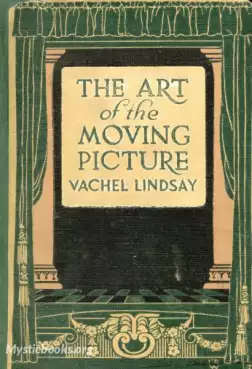
The Art of the Moving Picture
"This 1922 book by poet and sometime cultural critic Vachel Lindsay might have been the first to treat the then-new medium of moving pictures as an art form, one that was potentially as rich, complex, mysterious as far older ones, and whose physical...
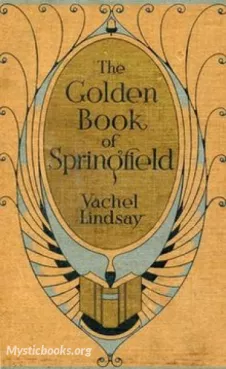
The Golden Book of Springfield
Imagine a city transformed into a utopian paradise, where everyone lives in harmony and abundance. The Golden Book of Springfield is a radical and visionary novel by American poet Vachel Lindsay. It tells the story of the city of Springfield, Illino...
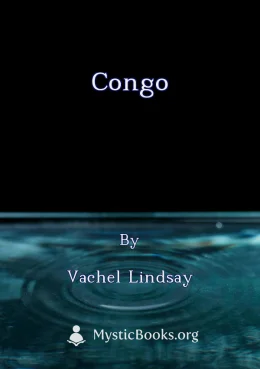
Congo
The Congo is one of the best-known poems by American poet Vachel Lindsay (1879-1931). It was revolutionary in its use of sounds and rhythms — as sounds and rhythms — and includes elaborate annotations to guide its spoken performance. Lindsay categori...
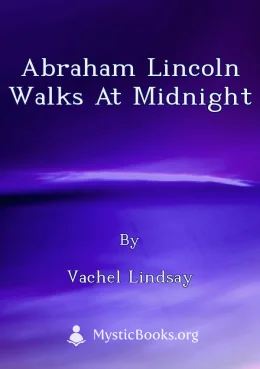
Abraham Lincoln Walks at Midnight
LibriVox volunteers bring you 9 different recordings of Abraham Lincoln Walks at Midnight by Vachel Lindsay. This was the weekly poetry project for the week of February 18th, 2007.
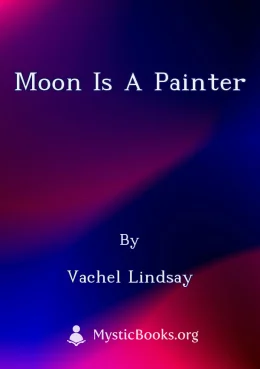
Moon is a Painter
The Moon is a Painter is a poem by Vachel Lindsay that describes the moon as an artist who paints the night sky with its light. The poem uses vivid imagery and symbolism to create a sense of wonder and awe at the beauty of the natural world.
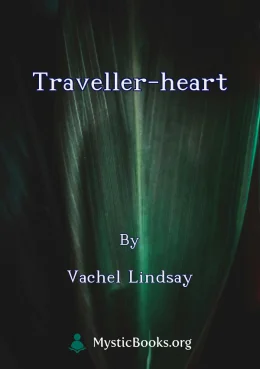
Traveller-heart
A collection of poems by Vachel Lindsay that celebrates the beauty of the American Midwest. The poems are full of vivid imagery, strong rhythms, and a deep love of the land and its people.
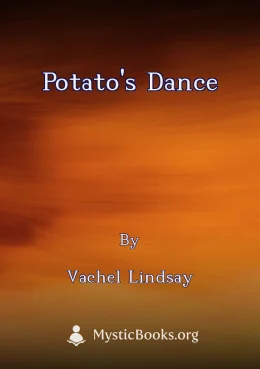
Potato's Dance
A rousing celebration of the humble potato, Vachel Lindsay's \"Potato's Dance\" is a playful and infectious poem that captures the joy of harvest and the transformative power of rhythm. Through the lively personification of potatoes as joyful dancers...
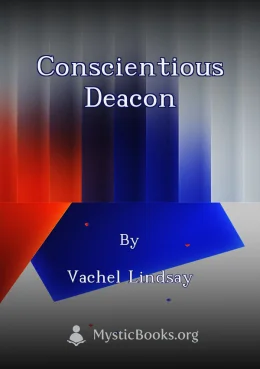
Conscientious Deacon
The Conscientious Deacon is a poem by Vachel Lindsay. It is considered to be a song to be syncopated as you please. According to Wikipedia, Lindsay is considered the father of modern singing poetry (as he referred to it) in which verses are meant to...
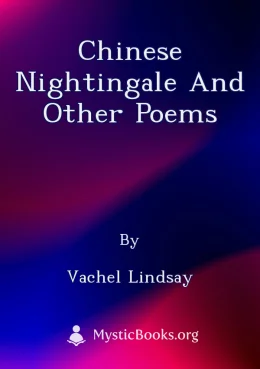
Chinese Nightingale and Other Poems
This collection of poems by Vachel Lindsay explores a wide range of themes, from the beauty of nature to the struggles for social justice. Lindsay's unique style, which blends free verse with traditional forms, creates a rich and evocative tapestry o...
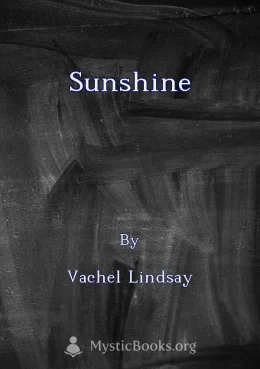
Sunshine
“Sunshine” by Vachel Lindsay is a collection of poems that showcases Lindsay's distinctive style, characterized by its strong rhythm, musicality, and reliance on oral tradition. Lindsay uses a combination of traditional poetic forms and innovative te...
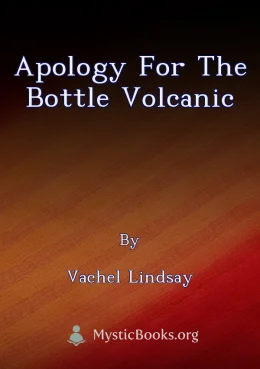
Apology for the Bottle Volcanic
An Apology for the Bottle Volcanic is a satirical poem by Vachel Lindsay in which the speaker personifies alcohol as a volcanic eruption. The poem humorously explores the effects of alcohol on the body and mind, and ultimately argues that alcohol is...
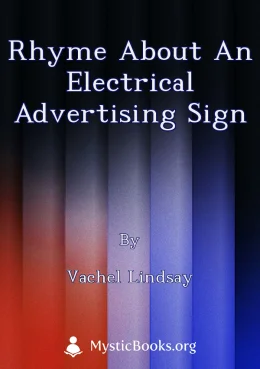
Rhyme about an Electrical Advertising Sign
This poetic work by Vachel Lindsay presents a lively and whimsical take on the advent of electrical advertising signs, capturing the transformative impact of this technology on urban landscapes. Lindsay's vivid imagery and rhythmic language create a...